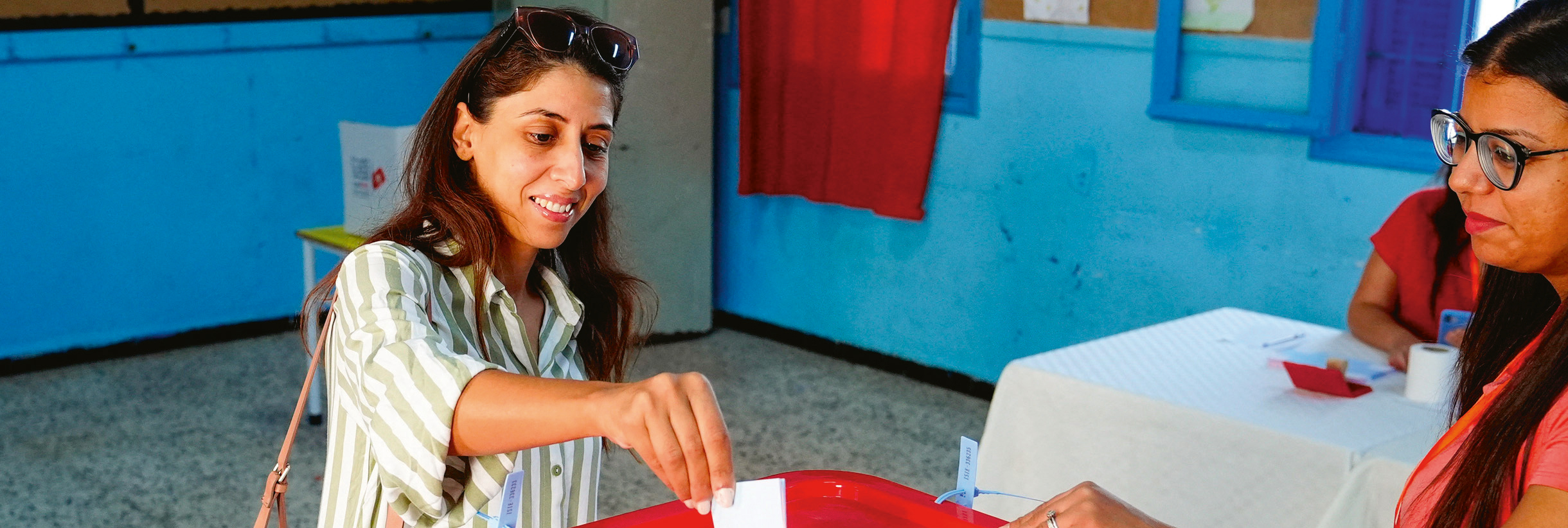What is your academic and professional background and what drew you to study at the Graduate Institute?
My academic journey has taken me across continents. I hold a Master’s in International Affairs from the Graduate Institute of International and Development Studies in Geneva, specialising in Global Security and Power, Conflict, and Development. Before that, I earned a Bachelor’s in Political Science & International Relations and Social Justice & Leadership from Yonsei University in Seoul, South Korea. Another significant chapter of my education was at the African Leadership Academy in Johannesburg, South Africa, where I studied Entrepreneurial Leadership, African Studies, Writing, and Rhetoric. Professionally, I’ve had diverse roles such as interning at the Inter-parliamentary Union, working as a consultant researcher at the United Nations Institute for Disarmament Research, consulting for the Moroccan Ministry of Justice and the Moroccan Parliament, and serving as the Vice President of the MENA Student Initiative.
My decision to study at the Graduate Institute was driven by its reputation as a leading centre for research and education in international relations and development. The Institute's emphasis on a multidisciplinary approach and its strategic location in Geneva, a hub for international diplomacy, provided an ideal environment for advancing my understanding of global security issues and the dynamics of political violence. The opportunity to engage with scholars and practitioners from around the world further enriched my academic experience, fostering a deeper appreciation for diverse perspectives in the field of international affairs.
First a Master in International Affair with a specialisation on the security track and now a PhD in International History and Politics on the normalisation of political violence… tell us about your work.
I am currently pursuing a PhD in International History and Politics, focusing on the normalisation of political violence. My research investigates the historical and political processes through which acts of violence become legitimised and routinised within political systems. This involves a detailed analysis of case studies from different regions and historical periods, aiming to uncover patterns and factors that contribute to the acceptance of violence as a political tool in certain areas of the world. My work seeks to contribute to the broader understanding of how political violence can be mitigated and ultimately prevented.
What is it like to be a woman in your field?
As a woman in a field traditionally dominated by men, I often face the need to assert my credibility and expertise more vigorously. However, this position also provides a platform to highlight the contributions of women to international relations and security studies. It is an opportunity to advocate for greater gender representation and perspectives, and to inspire other women to pursue careers in this field. My experiences have taught me the importance of resilience and the value of bringing diverse perspectives to the table.
This article was published in Globe #34, the Graduate Institute Review.




